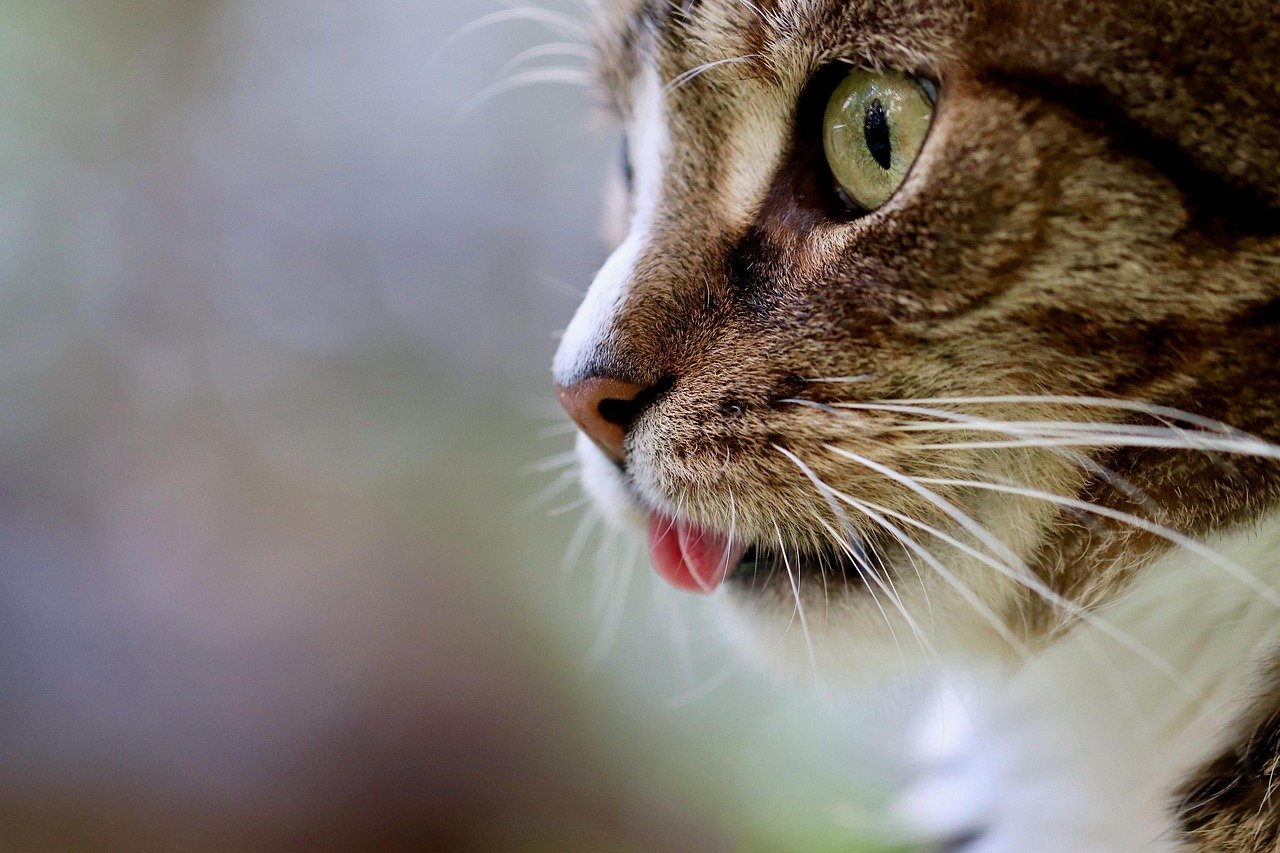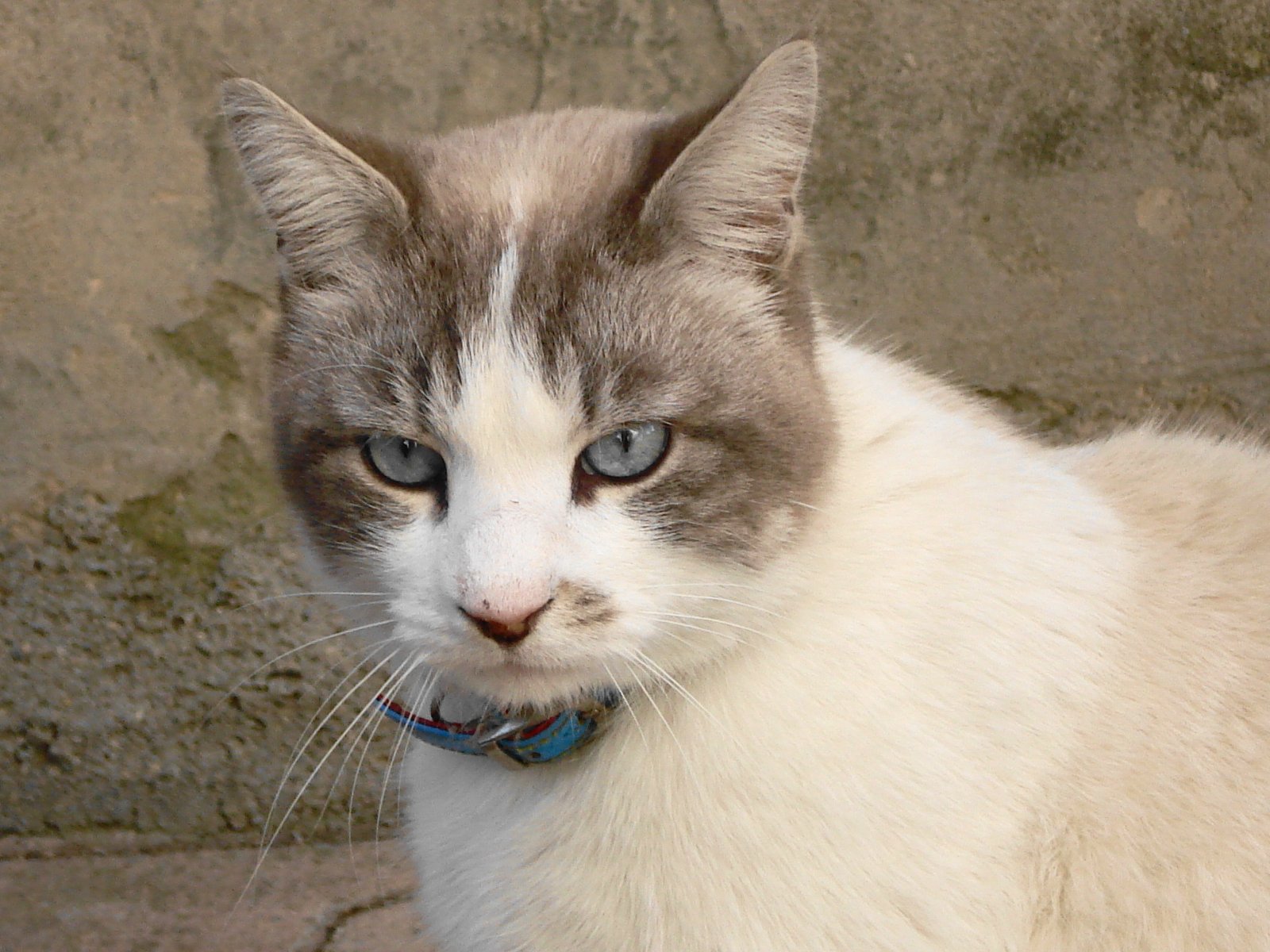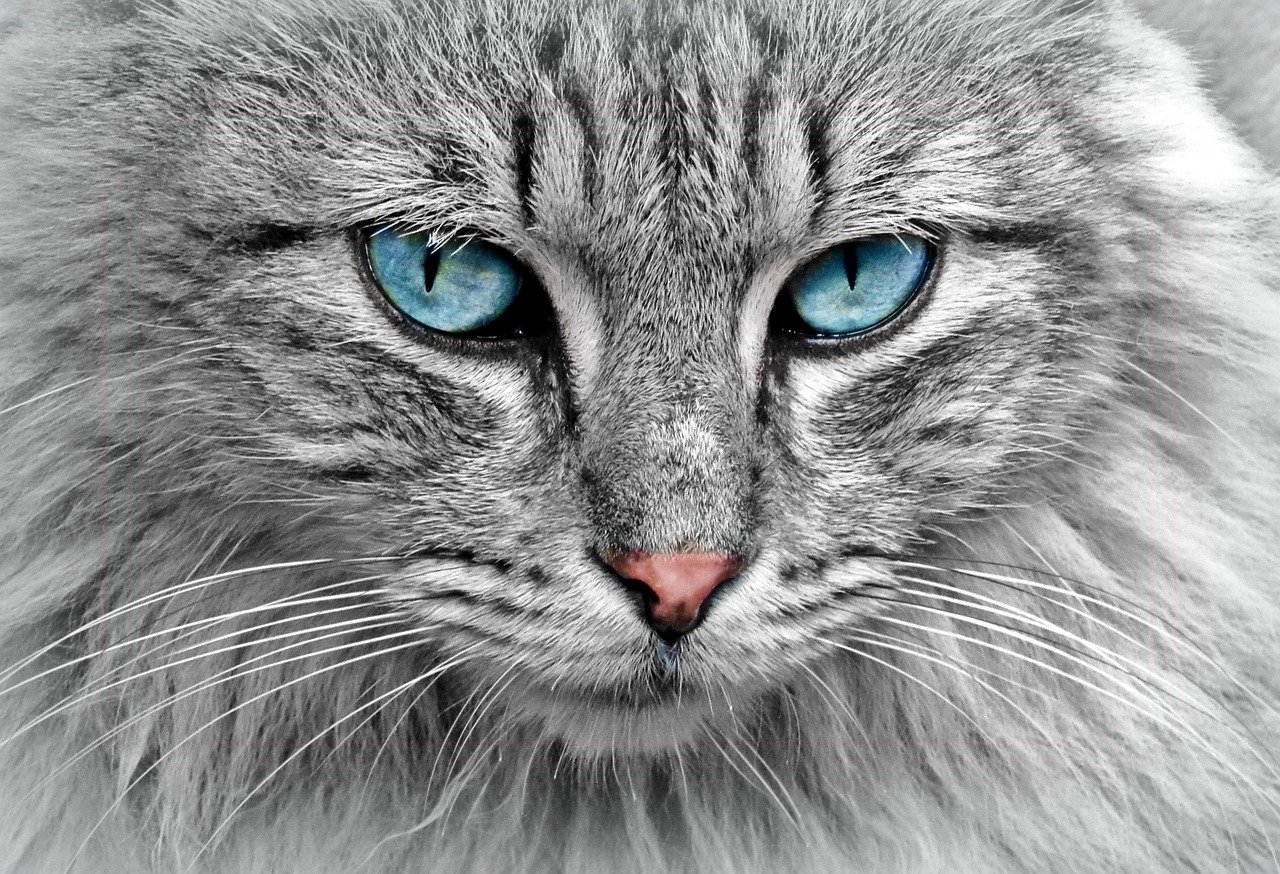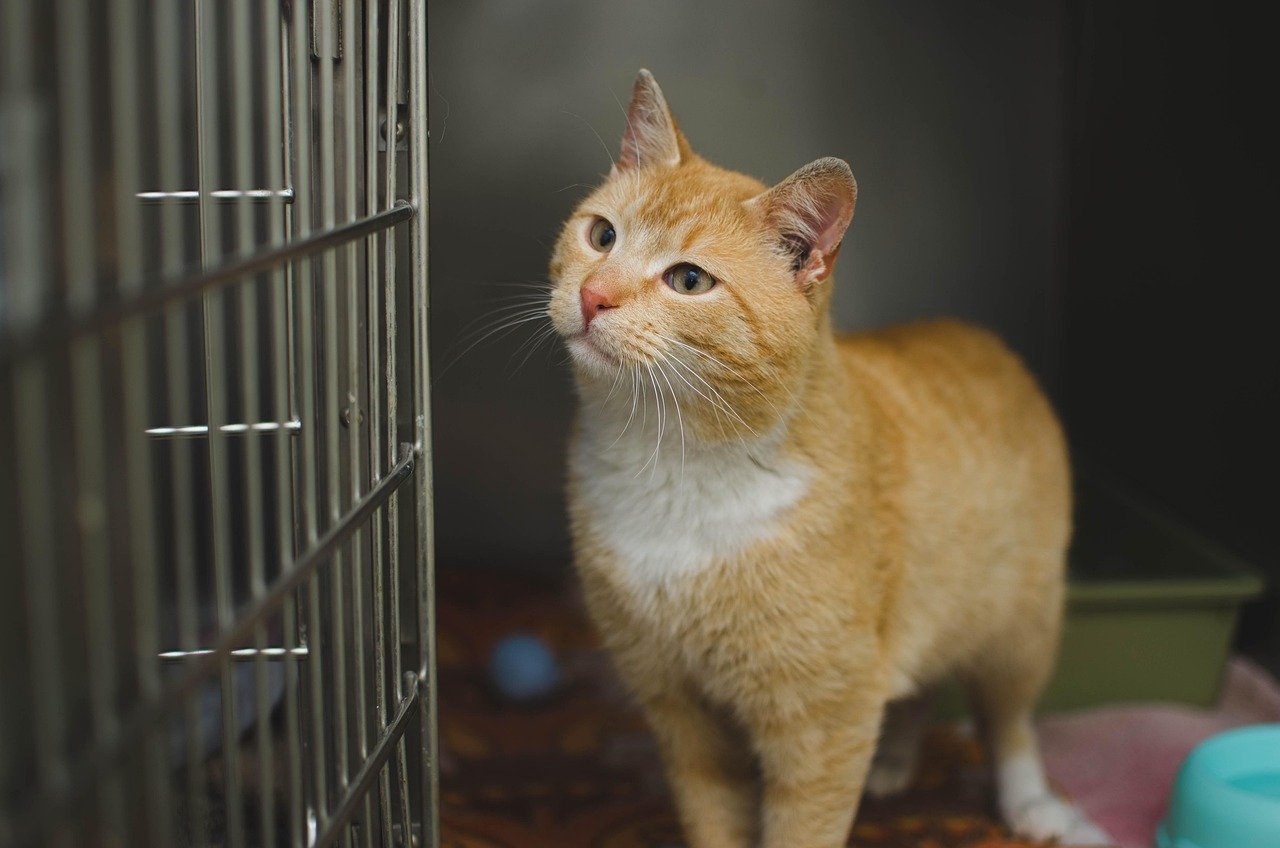Have you ever wondered what’s really going on behind those mysterious feline eyes when you walk into the room? Do they remember your scent, even after you’ve been gone for days, weeks, or even months? The connection between cats and the scents of the people they love is deeper and more fascinating than most of us realize. Let’s dive into the captivating world of feline memory and scent, and discover why your smell might be the secret key to your cat’s heart.
The Power of a Cat’s Nose

A cat’s sense of smell is nothing short of extraordinary. While humans have about five million scent receptors in their noses, cats boast a whopping 50 to 80 million. This heightened ability means that scent is a major way cats interpret their world. Every time you pet your cat, your unique scent is left behind, mingling with their own. It’s like a signature, a way for your cat to know, “This is my person.” It’s no wonder that a cat can detect when you’ve been somewhere new or spent time with another animal, often greeting you with a curious sniff when you come home.
How Cats Store Scent Memories

Cats don’t just notice scents in the moment—they remember them. Their brains store scent memories in a way that’s similar to how humans remember faces or voices. Each time your cat picks up your scent, it’s added to an ever-growing library of memories. This ability is crucial for their survival in the wild, but at home, it becomes a way for them to bond with you. Even after a long separation, your scent can trigger recognition and affection, reminding your cat of the good times you’ve shared.
Why Scent Means Safety

For cats, familiar scents equal safety. When they smell you, it reassures them that everything is normal. Imagine coming home after a stressful day and breathing in the comforting aroma of your favorite blanket. That’s what your scent does for your cat. If you’ve ever noticed your cat curling up on your worn T-shirt or sleeping on your side of the bed, it’s not just because those spots are soft—they’re soaked in your scent, providing a sense of security.
Bonding Through Scent Exchange

Cats are notorious for rubbing their faces and bodies against the people and things they love. This behavior, called bunting, isn’t just cute—it’s how cats mix their scent with yours, creating a shared scent profile. This mingling of aromas tells your cat, “We belong together.” It’s also why your cat might seem extra affectionate when you return from a trip, eager to reestablish that shared scent and strengthen your bond.
Recognizing ‘Their Human’ by Smell

Even in a room full of people, your cat can pick you out by scent alone. This recognition isn’t just about knowing who you are—it’s about trust and comfort. Your cat learns to associate your particular smell with positive experiences, like feeding, playtime, and affection. Over time, these associations become deeply ingrained, making your scent a key part of your cat’s emotional world.
How Separation Affects Scent Memory

When you’re away, your scent doesn’t disappear from your cat’s life. It lingers on your belongings and in the places you frequent. Many cat owners notice their pets seeking out their clothes or sleeping spots during absences. This isn’t just coincidence; your cat is actively seeking comfort through your scent, using those olfactory memories to cope with your absence and ease their anxiety.
Reunion Reactions: The Scent Connection

Have you ever returned from a trip and been greeted by your cat’s intense sniffing? This behavior is their way of re-confirming your identity and reestablishing the bond. Sometimes, cats may act a little distant at first, as if they’re making sure you’re really you. Your scent plays a crucial role in this process, helping to reset the relationship and bring back the sense of safety and familiarity.
Scent and Stress Relief in Cats

Familiar scents can have a calming effect on cats, especially during stressful times like moving or vet visits. Many experts recommend leaving behind a piece of clothing with your scent when you’re away or transporting your cat. The comforting power of your scent can help lower their anxiety and make transitions smoother, acting like a security blanket they can carry with them.
How Cats React to Changes in Your Scent

Cats are surprisingly sensitive to changes in your scent. If you switch perfumes, use a new laundry detergent, or come home after interacting with other animals, your cat will notice immediately. Sometimes, this can lead to confusion or even brief standoffish behavior as your cat adjusts to the new scent cues. However, the underlying memory of your unique smell usually helps them adapt quickly and reestablish their bond with you.
The Role of Scent in Multi-Cat Households

In homes with multiple cats, scent plays a vital role in maintaining harmony. Cats will often groom and rub against each other—and their humans—to create a group scent. This shared aroma helps reduce tension and create a sense of family. When you spend time with all your cats, your scent becomes part of this communal bouquet, reinforcing your place in their social circle.
Scent Marking: A Sign of Affection

When your cat rubs its cheeks or body against you, it’s not just leaving its own scent—it’s also picking up yours. This mutual scent-marking is a sign of deep trust and affection. It’s your cat’s way of saying, “You’re part of my territory, and I want everyone to know it.” This behavior is especially common in cats that feel closely bonded with their humans.
The Science Behind Feline Scent Memory

Studies have shown that cats possess a remarkable ability to remember scents for long periods. Unlike humans, who rely more on visual and verbal cues, cats use scent as a primary memory trigger. This means that even after a long absence, your cat can recognize your scent and recall the feelings associated with it. Scientists believe this is linked to the way cats’ brains process olfactory information, storing it in regions associated with emotion and memory.
Scent-Based Training and Behavior

Some cat owners use scent to train or influence their pets’ behavior. For example, placing a piece of clothing with your scent in a new cat bed can encourage your cat to use it. Similarly, familiar scents can help with introductions to new environments or people. By leveraging your cat’s natural reliance on scent memory, you can make transitions less stressful and support positive behaviors.
Do Cats Miss Your Scent?

Many cat owners swear their pets miss them when they’re gone, and scent memory plays a big role in this phenomenon. Your absence means the regular reinforcement of your scent is missing, which can leave your cat feeling unsettled. That’s why returning home often triggers an enthusiastic greeting or a period of intense sniffing—your cat is delighted to have their familiar scent back in their environment.
Cats and the Scent of Strangers

Cats can be wary of unfamiliar scents, especially those of strangers or other animals. When a new person visits your home, your cat may approach cautiously, sniffing their shoes, clothing, or bags. This behavior helps your cat assess whether the newcomer is a friend or foe. Over time, repeated exposure to a new person’s scent can lead to acceptance, but your cat will always recognize the difference between “their human” and others.
The Emotional Impact of Scent for Cats

Scent doesn’t just trigger memories for cats—it also stirs emotions. The smell of their favorite human can evoke feelings of happiness, safety, and contentment. Conversely, the absence of a familiar scent can make cats anxious or lonely. This emotional connection is why your cat might seek out your belongings or act especially affectionate when you return home.
Kittenhood and Early Scent Imprinting

From the moment they’re born, kittens use scent to identify their mother and siblings. This early scent imprinting lays the foundation for how they recognize and bond with others throughout their lives. When you adopt a kitten, they quickly learn your scent and come to associate it with care and comfort. These early memories are powerful and can last a lifetime.
Scent and Aging in Cats

As cats age, their reliance on scent can become even more pronounced. Older cats may experience declines in vision or hearing, making scent memory even more important for recognizing their environment and loved ones. Continued exposure to your scent helps older cats feel secure and reduces confusion, especially if they’re dealing with age-related cognitive changes.
Using Scent to Soothe Rescue and Shelter Cats

For cats in shelters or rescue situations, familiar scents can be a lifeline. Volunteers and adopters often leave blankets or toys scented with their perfume or skin oils to help new arrivals adjust. This simple act can make a world of difference, offering comfort in unfamiliar surroundings and helping to establish trust between cat and human.
How to Strengthen Your Scent Bond with Your Cat

If you want to build a stronger bond with your cat, don’t underestimate the power of scent. Spend time cuddling, let your cat nap on your clothes, and engage in gentle grooming sessions. These activities help intertwine your scents, creating a lasting memory for your cat. The more familiar your cat is with your scent, the deeper and more reassuring your connection becomes.
When Scent Memory Fades

In rare cases, such as with certain illnesses or cognitive decline, a cat’s scent memory may weaken. This can lead to confusion or even difficulty recognizing their favorite humans. Keeping routines consistent and providing plenty of scent cues can help support your cat’s memory and emotional well-being, even as they age or face health challenges.
Hi, I’m Bola, a passionate writer and creative strategist with a knack for crafting compelling content that educates, inspires, and connects. Over the years, I’ve honed my skills across various writing fields, including content creation, copywriting, online course development, and video scriptwriting.
When I’m not at my desk, you’ll find me exploring new ideas, reading books, or brainstorming creative ways to solve challenges. I believe that words have the power to transform, and I’m here to help you leverage that power for success.
Thanks for stopping by, Keep coming to this website to checkout new articles form me. You’d always love it!






